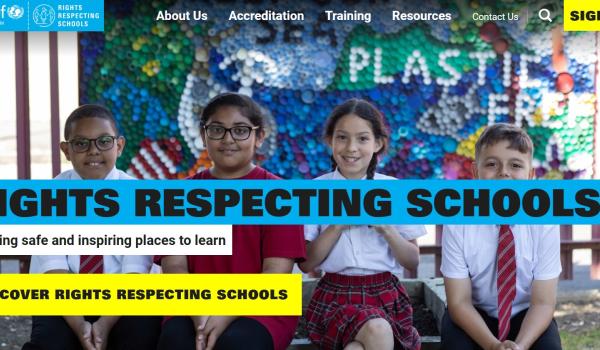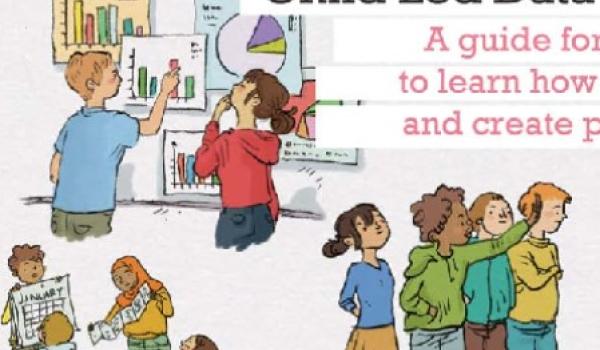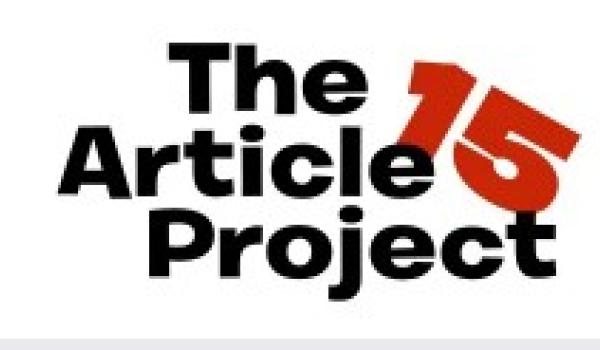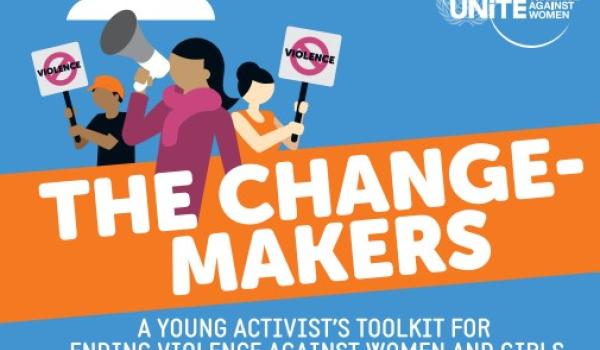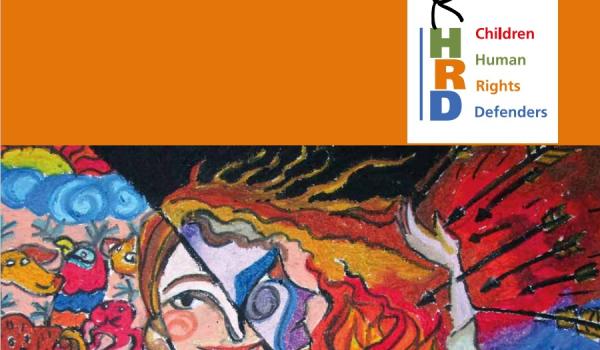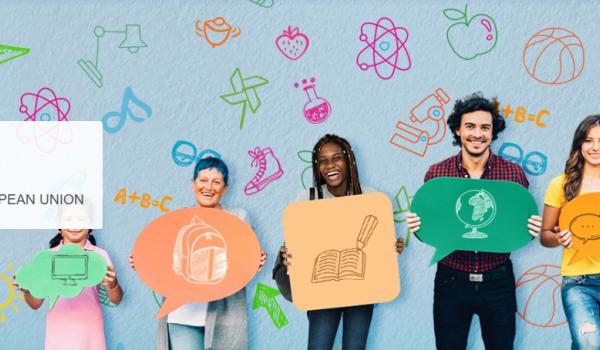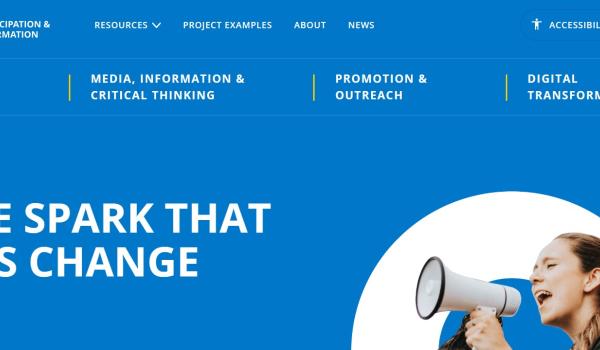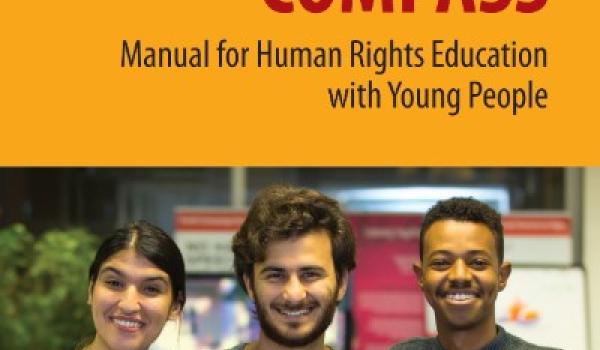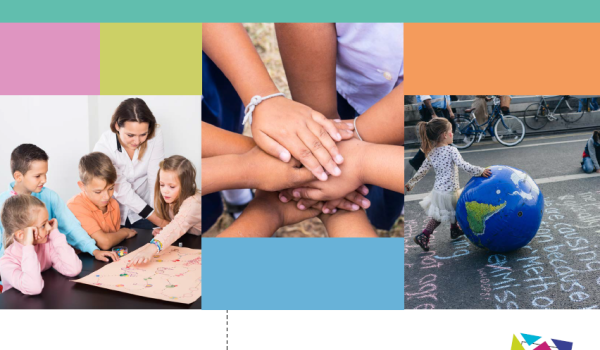Displaying 1 - 10 of 11
Web resource administered by UNICEF UK supports schools to embed children’s human rights in their ethos and culture. The award is based on principles of equality, dignity, respect, non-discrimination and participation. The initiative started in 2006…
A manual launched by Save the Children in the framework of the project “A Civil Society for Children’s Rights in the MENA Region”, developed to support young people and adults/organizations to better understand Child Led Data Collection and the…
The Article 15 Project supports the capacities of children and youth around the world to self-organise and fulfil their rights, in partnership with adults. It includes a set of activities like ‘Organisational Diagram’ and ‘Decision-making Chart’ (…
A resource for young peer educators who are facilitating workshops, trainings or lessons on the subjects of gender equality, violence against women and girls, and activism. It is a collection of activities to engage young people on these topics…
This report has been developed by Professor Laura Lundy and Dr Michelle Templeton of the Centre for Children’s Rights at Queen’s University Belfast, in the frame of the project “Protecting and Empowering Children as Human Rights Defenders” devised,…
A booklet written for children and young people going through age assessment procedures on their rights. available in French, English and Portuguese.
If you're a primary or secondary school pupil, this is where you’ll find games competitions and activity books to help you discover the EU in a fun way, in the classroom or at home. You can also find out more about studying or volunteering abroad.…
A resources pool hosted by SALTO Participation and Information Resource Centre. The Participation Resource Pool provides trainers, youth workers, youth leaders and educators with access to online tools on media literacy training and innovative…
Compass is a resource of information, tools and tips for human rights education with young people. It is currently available in more than 30 languages, ranging from Arabic and Japanese to Icelandic and Basque.
This section of the Handbook focuses on the rights of individual children to have their views taken into account in day-to-day decision making, meetings, interviews, hearings and proceedings, for example in schools, early years centres, hospitals,…
